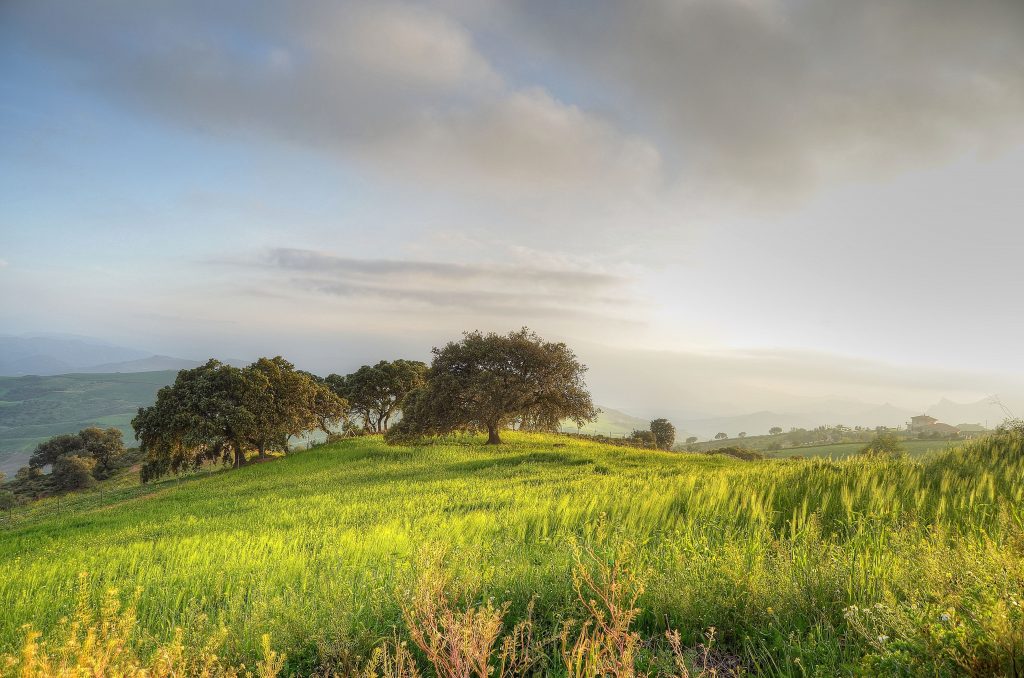Great Outdoors Month
This month is Great Outdoors Month, and this week is World Wellbeing week, so what better opportunity for our Head of Support Jane Gardiner to consider the benefits that getting outdoors can have for our well-being?
Many a motivational quote is attributed to Albert Einstein, sometimes mistakenly… I like to think that “look deep into nature, and then you will understand everything better” is one of the genuine ones, because it speaks to the beautiful simplicity of the experience of being mindful in nature.
The problem of ‘never enough’
Have you noticed how modern living encourages us to constantly keep pushing ourselves, to keep striving for more (more stuff! More money! Bigger house! A better job!), and to be always busy in order to succeed in this. A culture where we can never have enough encourages us to consider ourselves lazy if we’re not always busy, failures if we don’t achieve material milestones, or just not trying hard enough if we aren’t surrounded by material wealth.
I’ve noticed that this societal way of thinking can cause huge levels of distress for people living with a brain tumour diagnosis if their symptom burden means that they are forced to leave employment. It’s not a universal response of course, but people often report to me feeling as though they’ve lost a sense of purpose because they are no longer constantly busy, or that they are no longer of value because they aren’t contributing financially as they once did. Perhaps if we can re-train our thinking to discover that we can find purpose in other ways, and offer value to others in different ways, this might help. Getting outdoors in just one way in which we can achieve just that.
Experiencing this moment, now
By simply stopping to appreciate the beauty of all that surrounds us, we can afford ourselves the experience of feeling connected, a sense of humility, of peace, and of calm. Too often we’re thinking about what happens next (from turn taking on conversation to careers, to even the basics such as what to have for dinner tonight), so we forget to experience and savour the now. Escaping outdoors can be freeing as we can more easily let go of these distracting preoccupations and allow ourselves to focus on the beauty of our surroundings.
By encouraging ourselves to focus on our breath and on the moment when we are outdoors, we can find that our minds stop racing, our thoughts are clearer and a sense of perspective and calm can be achieved.
The outdoors as exercise
There are other clear benefits to getting out there. You don’t have to go for a 10 mile run or sweat it out in the gym in order to feel the benefits of exercise. Movement in whatever form suits you, whether it’s gardening, walking or slowly sauntering, is great exercise achieved at your own pace.
Sometimes it can be tough to motivate yourself to get out there, so it can be helpful to arrange to meet a friend. And definitely start small if you need to – a slow wander to the end of the drive is a massive achievement if you haven’t been able to be mobile for a while.
Being outdoors can lift our spirits
Numerous studies have shown that gardening is beneficial to our mental health, through encouraging a sense of nurturing, connection and relaxation; and that spending time amongst nature can reduce negative thoughts.
Being outside also helps us to benefit from vitamin D, the sunshine vitamin, which many of us lack during the winder months. Amongst other health benefits, vitamin D can help to regulate mood, with some claims that this can help reduce depression.
There are also huge mindfulness benefits to being outside as it is far easier to be present in the moment when outdoors. Hearing birdsong, watching your footing on a path, and observing the beauty around you, offer simple but effective opportunities to be mindful. If you are less physically mobile, then simply sitting outside and watching the world go by, or sitting in nature, can deliver the same benefits.
It can offer a sense of purpose
Outdoor activities such as gardening can offer a renewed sense of purpose through nurturing and caring for living things. If you buy some lovely flowers for the garden, for example, then you’ll have to get out there to water them, which can be a good motivator for movement. This can be particularly helpful if you are less mobile, meaning that getting outside is a physical challenge making you less inclined to want to.
Taking up walking (or slowly sauntering!) can offer a gentle challenge as you gradually increase distance covered, or simply challenge yourself to complete a set time goal spent outside each day. By setting goals (which could be as simple as spending 20 minutes walking each day), these soon become embedded as habits that are so beneficial to well-being.
Outdoor mindful exercises
This month I’d love to challenge you to try these simple mindfulness exercises outside. Why not use this challenge as motivation to get outside to give it a try?
- Go for a mindful walk in nature. Pay attention to your feet as they carry you forward. Go slowly. How does each part of the foot feel as it makes contact with the ground? Simply observing the sensations of your body as you move can really help you to focus in on the present moment.
- Observe nature. You don’t have to be mobile for this one. If you are lucky enough to live by the sea, then sit and watch the waves rolling in on the shore. No sea? Observe the rain falling in the puddles or the wind moving through the trees. By focusing on these things you are encouraging your mind to quieten and calm.
- Try ‘forest bathing’. Not taking an outdoors bath as the name might suggest, forest bathing is the practice of simply sitting quietly outside and inhaling the sounds around you. The gentle breezes, the trees swaying, the birdsong: gifting yourself the opportunity to sit with these sounds can offer a sense of calm and restore balance.
- Observe your breath. Simply observe the inhale and exhale of your own body – don’t try to control it or manipulate it. Just observe it and appreciate the moment.
We know that, for all of its benefits, getting outside won’t remove the challenges of life with a brain tumour. But we hope that you feel some of the positive results of spending time outdoors.
To talk to us about ways that we can help you live life with a brain tumour, get in touch.











